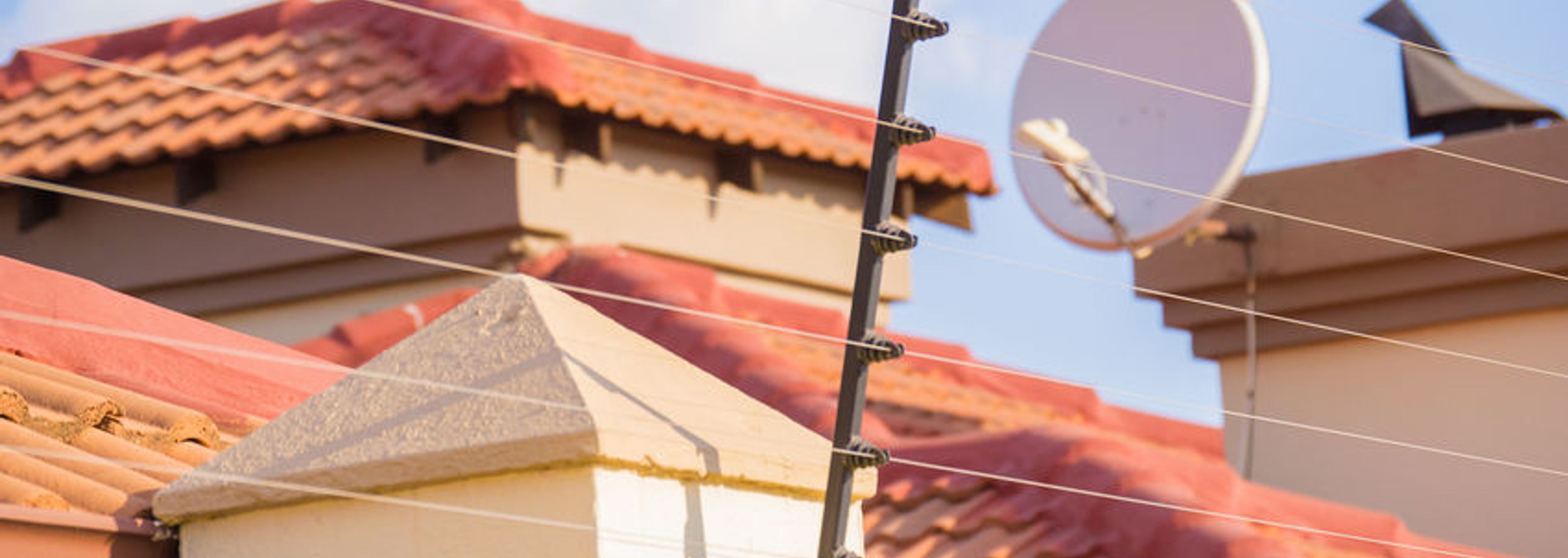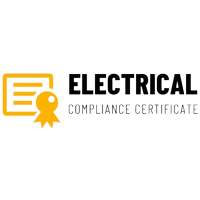
Electric Fence Compliance Certificate
We certify electric fences
- Location
- 52 Christo Ave, Olivedale, Randburg, 2188, South Africa
- Website
- https://electrical-compliance-certificate.co.za/certificate-of-compliance/electric-fence-certificate-of-compliance/
About
When selling your property, it’s now mandatory to supply a valid Electric Fence Certificate of Compliance (EFCOC) before your property transfer can be concluded. If you’ve had your electric fence installed by the guys from your local hardware store, you’ve got good reason to worry. While most homeowners know that an electrical certificate of compliance (COC) is required by law through a registered engineer when a new property is built, many do not realise the laws and regulations that are associated with installing electric fencing around their property. According to new regulations and by-laws, homeowners having their electric fence altered, having a new one installed, or selling their property must have an electric fence COC. What is an Electric Fence Certificate of Compliance (EFCOC)—and why it’s mandatory? Set out in the regulations of the Occupational Health and Safety Act, an electric fence COC verifies that the electrical work on your electric fence is up to date with the regulations required by the South African National Standards (SANS 10222-3:2012). Laying out the law for implementing prescribed electrical work, a COC warrants that the public is protected from dangerous shocks, and it also prevents radio and satellite interference caused by poorly installed energizers and poor earthing. An EFCOC also protects homeowner by specifying minimum fencing material quality and acceptable erection standards. Fundamentally, it will ensure that if a fire breaks out or if someone is injured, insurance will cover you.
